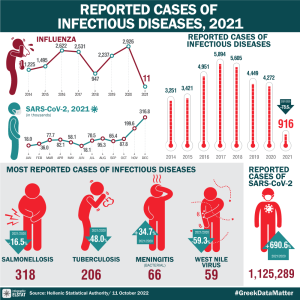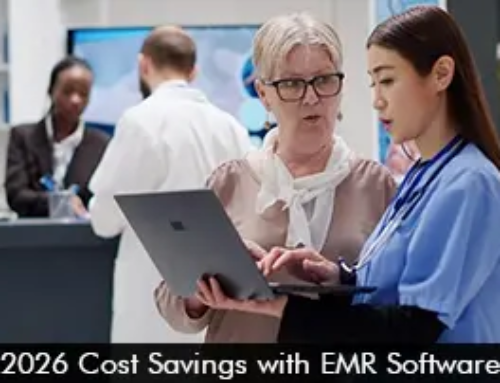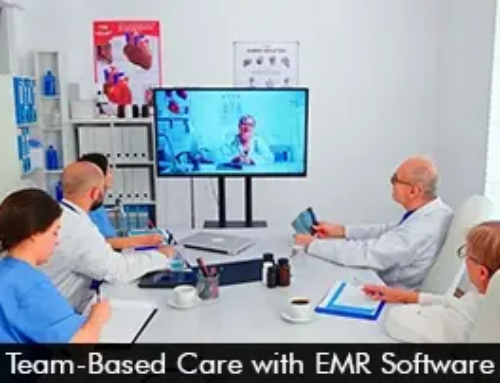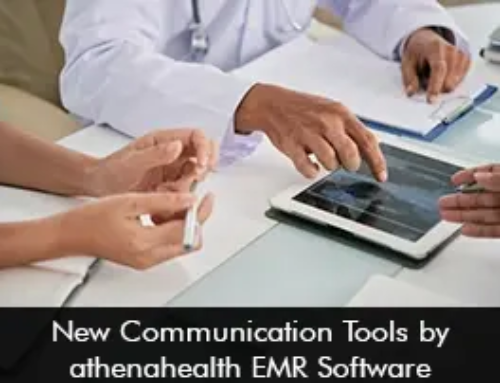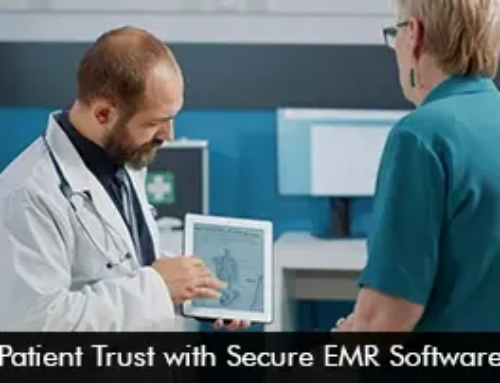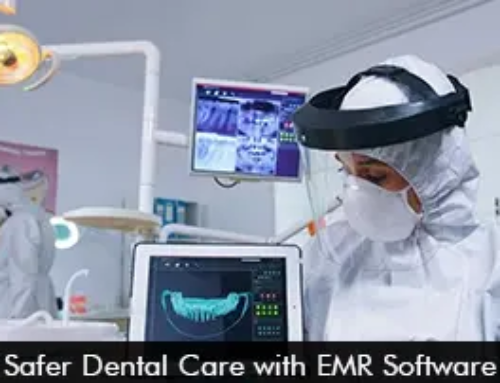Post-COVID, infectious diseases EMR has gained popularity. This is because infectious diseases EMR software streamlines data management and enhances outbreak-tracking capabilities. Healthcare providers are able to respond swiftly with accurate diagnoses and provide optimal care while safeguarding public health.
Understanding the Complexity of Infectious Diseases
Infectious diseases have many causes. They can be spread by pathogens such as bacteria, viruses, and parasites. Because of this they have the potential to spread rapidly and pose a significant risk to global health. Managing infectious diseases requires a lot of work. From close monitoring, timely diagnosis, and effective treatment, public health officials face several challenges, including:
Rapid Data Collection and Analysis
Infectious disease outbreaks demand real-time data collection, analysis, and dissemination to identify trends, trace contacts, and develop appropriate intervention strategies.
Enhanced Infection Control
Effective infection control measures are crucial in preventing the spread of infectious diseases within healthcare settings and communities.
Contact Tracing and Surveillance
Identifying and tracking individuals who have been in contact with infected patients is essential to contain the spread of infectious diseases and prevent further outbreaks.
Advantages of Infectious Disease EMR Software
Streamlined Data Management
EMR software centralizes patient data, diagnostic results, and treatment information, facilitating quick access to critical information for accurate diagnosis and timely treatment.
Real-Time Alerts and Notifications
EMR systems can generate real-time alerts and notifications to healthcare providers and public health authorities about potential outbreaks or infectious disease cases, enabling swift response and containment.
Integrated Lab and Test Results
EMR software can integrate with laboratory systems, allowing seamless transfer of test results and facilitating faster diagnosis and treatment decisions.
Telemedicine and Remote Monitoring
EMR software with telemedicine capabilities enables healthcare providers to conduct virtual consultations and monitor patients remotely, reducing the risk of infection transmission.
Enhancing Public Health Surveillance Through Infectious Diseases EMR
Disease Reporting and Monitoring
EMR software automates disease reporting to public health authorities, enabling timely surveillance and response to infectious disease cases.
Population Health Management
EMR systems support data analytics and population health management, identifying trends and patterns to detect potential outbreaks and assess disease risk at a community level.
Contact Tracing and Follow-Up
EMR software facilitates contact tracing by maintaining records of patient interactions and notifying individuals who may have been exposed to infectious diseases.
Improving Patient Care and Infection Control Through Infectious Diseases EMR
Infection Control Protocols
EMR software can incorporate infection control protocols to guide healthcare providers in implementing appropriate precautions and isolation measures.
Vaccine Management
EMR systems help track patient vaccinations, ensuring timely administration of immunizations and facilitating population-level immunization management during disease outbreaks.
Clinical Decision Support
EMR software offers clinical decision support tools, providing evidence-based treatment guidelines and drug interaction alerts to healthcare providers.



